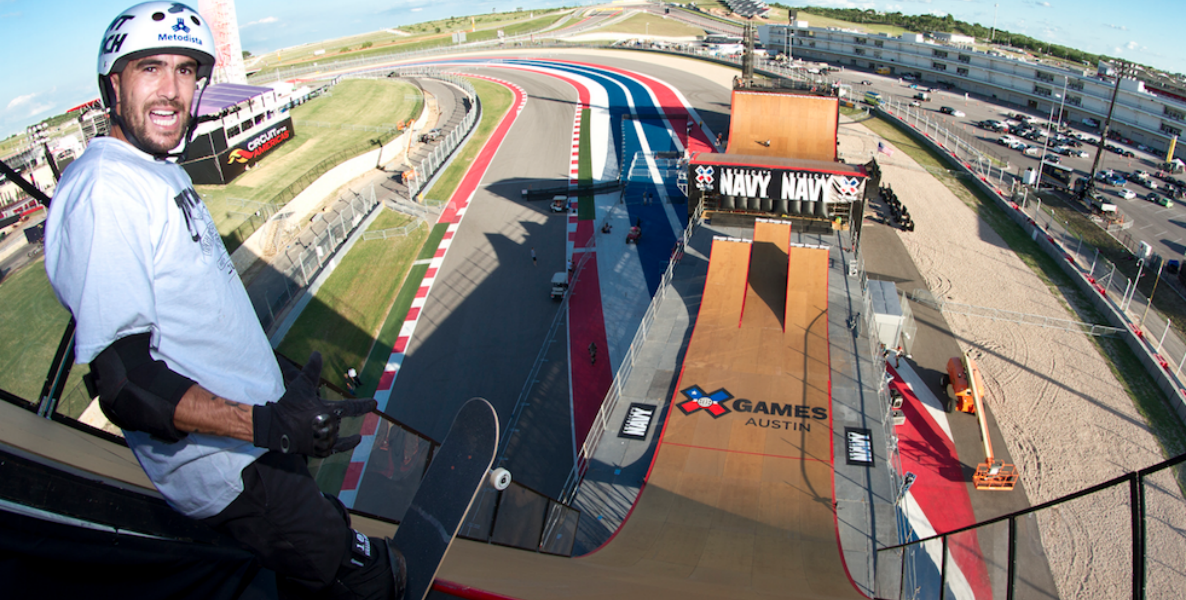Bullying among young children has skyrocketed and taken on new forms in recent years. Cyber bullying, as well as bullying in the classroom, has become a persistent issue, affecting nearly one out of every four students. Suicide rates for children and teenagers have increased consistently since the late 1990s. The suicide rate for adolescent girls tripled in just the past 15 years. With metrics on the rise, the leaders of extreme sport competition X Games decided to take action.
Last fall, the action sports organization, X Games partnered with anti-bullying groups No Bully, GLSEN, Crisis Text Line, and Do Something.org to launch an initiative called “Shred Hate.” The movement is aimed at combating harassment and ending bullying in schools. To implement this mission, organizations Shred Hate and No Bully will distribute curriculum to schools and hold leadership training workshops on methods for effective intervention for witnesses to bullying and cyber bullying.
Athlete participants in the X Games have contributed to the anti-bullying campaign effort by speaking at schools in the months leading up to the Winter X Games in Aspen, Colorado. Winter and extreme sports stars are scheduled to visit eight more schools before the Summer X Games in Minneapolis. Athlete speakers include Torin Yater-Wallace, the youngest medalist in X Games history and one of the top freestyle skiers in the world.
Read the full story here (via GOOD).
Madison Sets 100 Percent Clean Energy Goal
Climate change has been highly contested in political discourse, but cities like Madison, Wisconsin are taking steps to combat its threats. As of last week, Madison is the largest city in the Midwest to commit to a goal of using 100 percent renewable energy with a resolution passed by Madison’s city council. The city’s capital budget incorporates an allocated budget of $750,000 for sustainability improvements and concrete details to implement the greater plan. (via Next City)
Red-light cameras create red hot furor in Chicago
Traffic cameras have played a critical role in regulation in big cities, like Chicago, where one of U.S.’s biggest red-light camera programs was implemented in 2003. Drivers have suffered the consequences. Red-light programs received negative reviews in opinion polls, and were the subject of a lawsuit which was highly topical in the 2015 Chicago mayoral election. New research from Northwestern University Transportation Center has spurred change. Chicago drivers will now have a longer grace period before being charged with a $100 red light camera ticket. (via USA Today)


